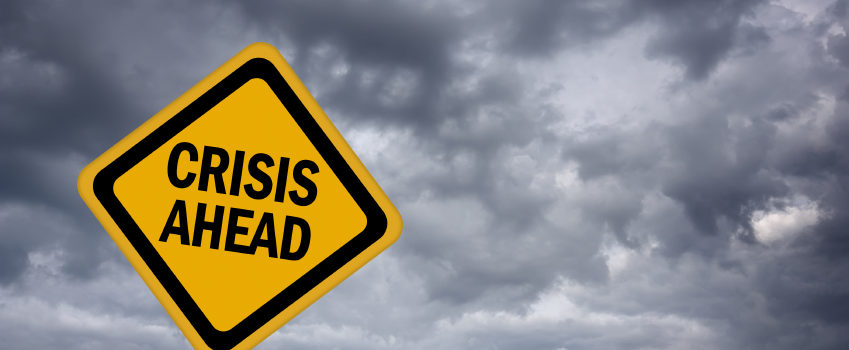When Disaster Strikes: How to Survive Business Interruption
Small business owners have to look around a lot of corners. Startups typically aren’t flush with cash, and money tends to be tight. That’s why it’s so important to know how to create and follow a budget– so you can identify problems as far ahead as possible and minimize their damage.
But what happens when your small business is hit by something you can’t prevent and can’t avoid? What happens when your business is slowed or stopped by a disaster – anything from a burst pipe to a fire or hurricane? How do you survive a business interruption like that?
Have the Right Protection Ahead of Time
We’ve already stressed the importance of small business insurance, which can include things such as liability, property and workers compensation. Another type to consider, however, is “business interruption insurance” or “business income insurance.”
If your building is flooded from a burst pipe, for example, property insurance typically will cover any damages caused by the event. That’s great, but what happens between this disaster and when you can get all your equipment replaced? That’s time lost, products not being made/services not being rendered, and thus money out of your pocket.
Business interruption/business income insurance will take care of what profits you may have lost as a result of having to suspend operations in the face of a disaster. This coverage will occur during a “period of restoration” – essentially a reasonable amount of time that it should take to repair whatever damages occurred.
Record and Report
As soon as your office, warehouse or other business location is safe to evaluate following a disaster, you will need to file a report with your insurance agent(s) and record any sustained damages.
You’ll want to observe and record damage done to any part of the business, including inventory. Photographs are ideal. You’ll also need to determine what inventory is still usable and what inventory must be scrapped, and record both – what you kept, as well as what you received for salvaging anything. Seek out any production records, too, as they will be helpful in determining losses.
Dealing With the Fallout
This is where things start to get complicated.
For one, actual losses must be determined. How you do this typically will hinge on your policy – it may involve simply taking lost revenues and backing out any expenses that didn’t occur because of the stoppage. Or the policy might require the much more difficult task of trying to including expenses as well. You also may need to calculate things such as how much setting up temporary operations, if your policy covers that.
Business interruption insurance also will factor in things such as paying employees – but this isn’t cut-and-dry either. Certain types of employees may be covered longer than other, less essential workers, and in some cases, you might need to lay off employees because they’re not covered.
There are far more headaches you’ll have to deal with as you begin to recover, which is why you might want to go one step further than insurance – you’ll also want to bring on an ally.
McManamon & Co. offers a number of services to small and midsize businesses, and that includes business interruption claims assistance. If your business has been impacted by a disaster of other emergency, we can help you address your losses and claims to make sure you receive appropriate and timely insurance payments. And that can be the difference between surviving a disastrous event or being forced to close up shop for good.
In case of emergency, call us at 440.892.9088 or contact us online today!
Tags: business interruption, McManamon, small business | Posted in Business interruption, McManamon & Co., small business
